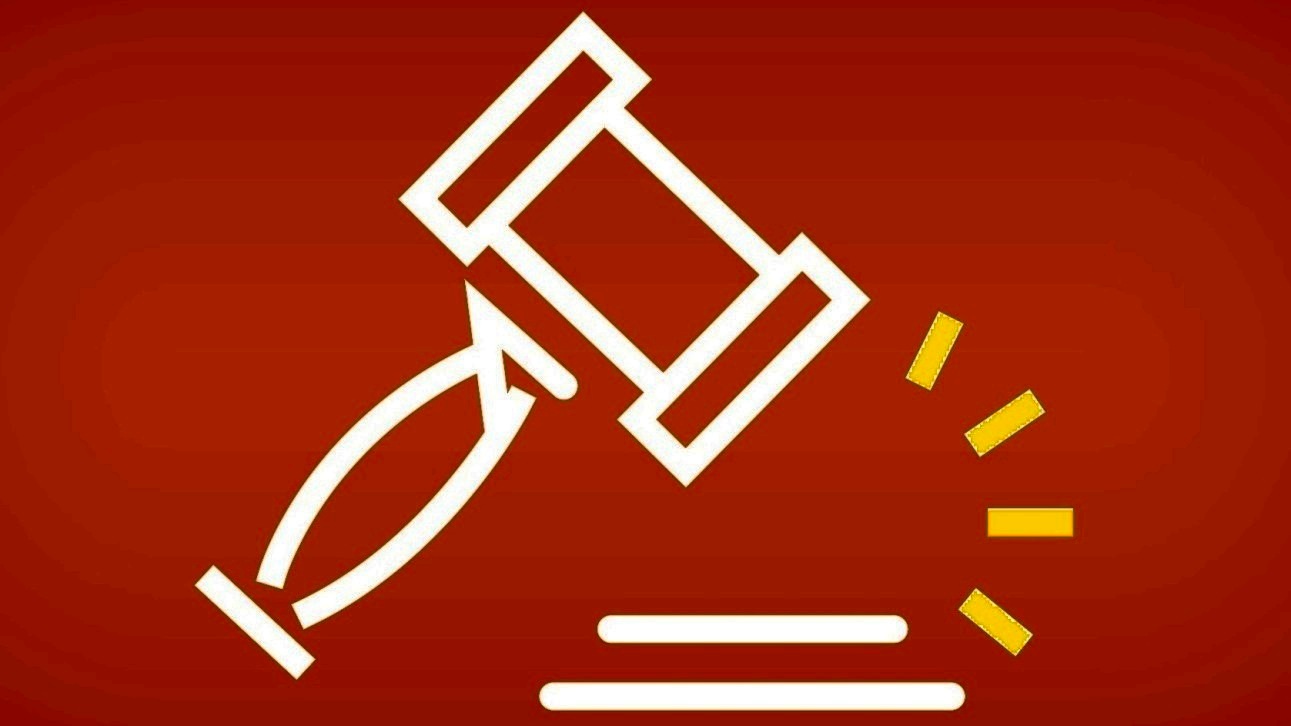Exceptions to the doctrine of immutability of judgments
Once a judgment becomes immutable and unalterable by virtue of its finality, its execution should follow as a matter of course. A supervening event, to be sufficient to stay or stop the execution, must alter or modify the situation of the parties under the decision as to render the execution inequitable, impossible, or unfair. The supervening event cannot rest on unproved or uncertain facts.[1]
This is pursuant to the doctrine of immutability of a final judgment, which may be relaxed only to serve the ends of substantial justice in order to consider certain circumstances like:
(a) matters of life, liberty, honor or property;
(b) the existence of special or compelling circumstances;
(c) the merits of the case;
(d) the cause not being entirely attributable to the fault or negligence of the party favored by the suspension of the doctrine;
(e) the lack of any showing that the review sought is merely frivolous and dilatory; or
(f) the other party will not be unjustly prejudiced by the suspension.[2]

In the case of Abrigo,[3] the High Court deemed it highly relevant to point out that a supervening event is an exception to the execution as a matter of right of a final and immutable judgment rule, only if it directly affects the matter already litigated and settled, or substantially changes the rights or relations of the parties therein as to render the execution unjust, impossible or inequitable.[4] A supervening event consists of facts that transpire after the judgment became final and executory, or of new circumstances that develop after the judgment attained finality, including matters that the parties were not aware of prior to or during the trial because such matters were not yet in existence at that time.[5] In that event, the interested party may properly seek the stay of execution or the quashal of the writ of execution,[6] or he may move the court to modify or alter the judgment in order to harmonize it with justice and the supervening event.[7] The party who alleges a supervening event to stay the execution should necessarily establish the facts by competent evidence; otherwise, it would become all too easy to frustrate the conclusive effects of a final and immutable judgment.
[2] Meneses v. Secretary of Agrarian Reform, G.R. No. 156304, October 23, 2006, 505 SCRA 90, 97; Barnes v. Padilla, G.R. No. 160753, September 30, 2004, 439 SCRA 675, 686-687.
[3] Id. at 1.
[4] Javier v. Court of Appeals, G.R. No. 96086, July 21, 1993, 224 SCRA 704, 712.
[5] Natalia Realty, Inc. v. Court of Appeals, G.R. No. 126462, November 12, 2002, 391 SCRA 370, 387.
[6] Dee Ping Wee v. Lee Hiong Wee, G.R. No. 169345, August 25, 2010, 629 SCRA 145, 168; Ramirez v. Court of Appeals, G.R. No. 85469, March 18, 1992, 207 SCRA 287, 292; Chua Lee A.H. v. Mapa, 51 Phil. 624, 628 (1928); Li Kim Tho v. Go Siu Kao, 82 Phil. 776, 778 (1949).
[7] Serrano v. Court of Appeals, G.R. No. 133883, December 10, 2003, 417 SCRA 415, 424-425; Limpin, Jr. v. Intermediate Appellate C ourt, No. L-70987, January 30, 1987, 147 SCRA 516, 522-523.



